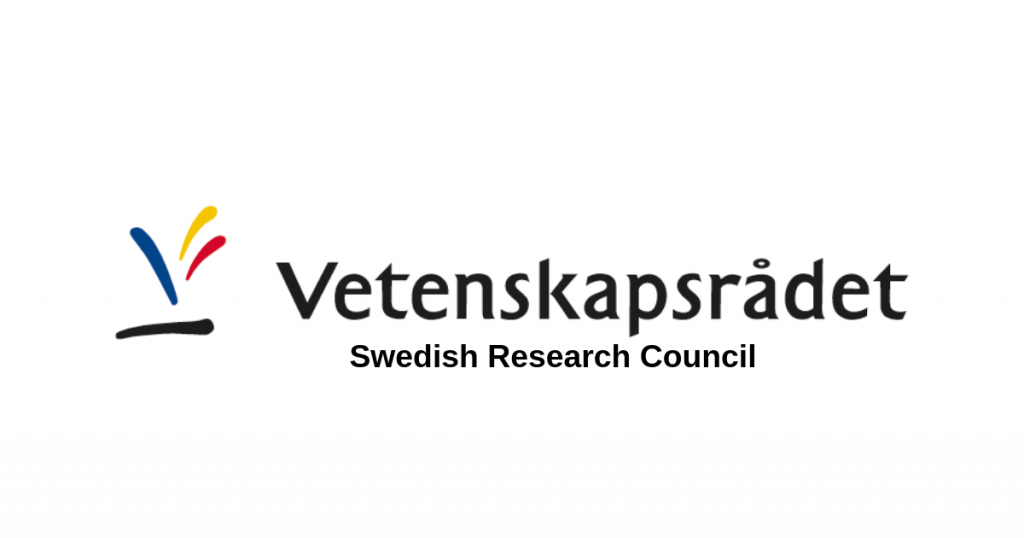
Project “Computational infrastructure for high-throughput analysis of large volumes of brain signal data” is co-funded by the Research Network Grant Programme of the Swedish Research Council. We are happy to inform that the project with the participation of EENU have been selected for funding in 2016-2019.
Short description of the action:
At the centre of this collaborative project lies curiosity and dedication of the participants to delve into the mystery of the human brain, described by Gerald Edelman, a renowned neuroscientist, as the most physically complex object in the known universe. Despite intensive research effort and an impressively large body of empirical work, still relatively little has been explained or understood about the mechanisms underlying brain function, and equally important, about the origins of its dysfunction. There are a number of reasons for our inadequate state of knowledge, one being limited information we excavate from brain data, especially from rich neuroimaging recordings including brain signals. Although advancing technology provides more opportunities to probe the brain’s dynamics at progressively higher spatio-temporal resolutions, the key challenge lies in effective processing of growing datasets to discover relevant activity patterns. Conventional analysis methods predominantly concentrate on rather simple low-order statistics determined based on prior hypotheses. In this project we concentrate on macroscale brain recordings obtained noninvasively using technologies like electroencephalography (EEG) or, to a lesser degree, functional magnetic resonance imaging (fMRI) due to their significant clinical roles, common availability and, in the case of EEG, low costs and ease of use. The purpose of our collaborative effort is to refine, validate and deploy a new computational infrastructure for high-throughput analysis of large volumes of brain signal recordings, EEG in particular, with a view to unlocking their potential to convey rich information about the brain, naturally within the realm of physical and experimental limitations of the recording technology. This grant application draws on mutual benefits and commitments of the partners. In particular, the computational platform for handling brain data derives from ongoing research of Pawel Herman and Anders Lansner, within the scope of other research projects running in parallel. So, the main focus of this project is on the validation of the KTH/SU team’s approach and its deployment in various laboratories, where specific research questions will be posed by the partner institutions in Ukraine and Georgia. An opportunity for the KTH/SU group to test and adapt their tools to accommodate a wide range of utilitarian, often domain specific, demands of experimental neuroscientists and clinicians is unique in this regard. On the other hand, the international project participants will gain access to computational tools at the forefront of neuroinformatics developments in large-scale brain data analysis. This will not only open up new research avenues and enable a more exploratory search for clinical biomarkers of brain related disorders such as Parkinson’s disease, dementia, Alzheimer and attention deficit hyperactivity disorder (ADHD) among others, but will also promote a complementary use of hypothesis- and data-driven methods. We are hoping that through a series of frequent visits and workshops organised at the premises of the international project participants, open to local public and national brain researchers, we will build a vision for a long-lasting strategic collaboration hub centred on the problematics of high-throughput neuroimaging for research and clinical purposes in this part of the developing Europe. Another effect we are willing to work towards is the actual promotion of a comprehensive model-free (data-driven) approach to brain data analysis among other research and medical institutions in Ukraine and Georgia. We believe that these efforts will facilitate the process of transition to the world of omnipresent big data relying on high-throughput computational approaches and will popularize neuroinformatics in the partnering countries.
Reference:
Program Name: Research Network Grant / Program of the Swedish Research Council.
Range: Swedish Research Links.
Project Name: Computational infrastructure for high-throughput analysis of large volumes of brain signal data.
Project registration number: 2016-05871.
Project Summary: The project aims to develop computing facilities and infrastructure for the exchange and accumulation of large volumes of neurophysiological data. The main objective of the project is to apply and promote in the scientific, educational and medical institutions of Ukraine and Georgia the latest methodological developments in the field of analysis of large volumes of data created by the Swedish side.
Implementation period: January 1, 2017 – December 31, 2019.
Project Coordinator: KTH Royal Institute of Technology (Sweden).
Role of EENU in the project: Partner.
Project partners: D.F. Chebotarev State Institute of Gerontology NAMS of Ukraine (Ukraine), Taras Shevchenko National University of Kyiv (Ukraine), Georgian Society for Psychophysiological Research (Georgia).
Related link:
Відкрите джерело інформації